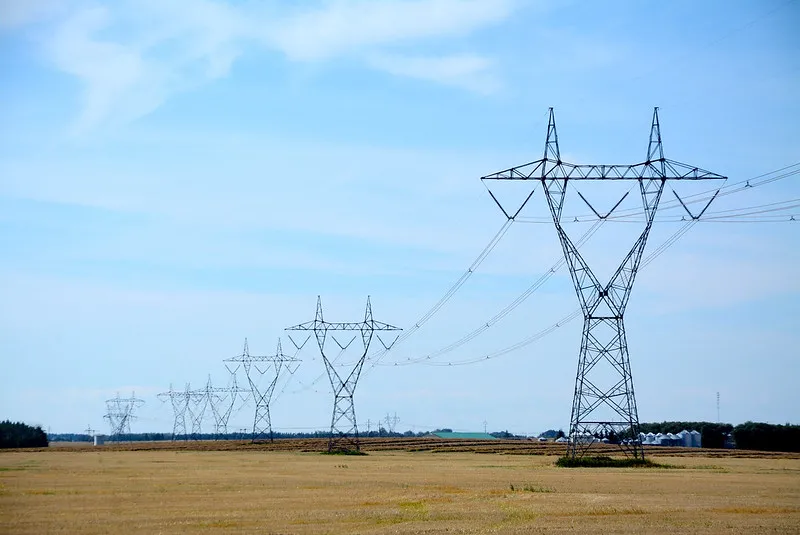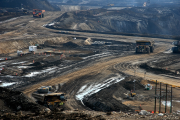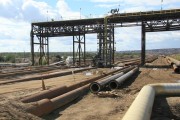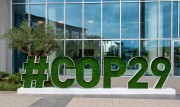Yet again this week, Premier Danielle Smith renewed her pitch for a new bitumen pipeline to be added to the federal government’s list of nation-building projects.
The topic of pipelines has been persistently rumbling in Calgary for years — but these days it feels inescapable in the face of turbulent U.S. trade dynamics.
I’ve worked in clean energy and environmental policy for 30 years. So, you might guess my position on the need for more oil pipelines in 2025, as major world economies rapidly reduce their reliance on fossil fuels. Instead of focusing on that, I’d like to tell you about some conversations I had on the Stampede circuit earlier this month.
No business case
As always, the annual event brought together energy experts, including oil and gas industry leaders, those from other energy sectors, analysts and commentators. Not a single person I talked to is surprised by Smith’s focus on convincing the federal government to put a pipeline on the list of nation-building projects. And, not a single person thinks there is a business case for one.
A few people can imagine the stars aligning for an additional oil pipeline in the future — but certainly not within the next decade, when we need meaningful action to build Canada’s economic competitiveness.
With her singular focus on oil and gas expansion via new pipelines, Smith is putting Alberta at serious risk of squandering an opportunity to advance real nation-building ideas in this province.
Real nation-building ideas
What if we got industrial projects such as Dow Chemical’s petrochemicals facility or the Heidelberg carbon capture project back on track, so Alberta can become a supplier of low-carbon plastics and cement — products the world will need long into the future?
How about a focus on electricity interties, moving our province from a vulnerable “power island” toward an integrated and efficient clean power grid? What if instead of suppressing renewables with atypically strict regulations — as the province has done for the past couple of years — we allowed wind and solar investment to flood back in, to meet our energy needs and attract the clean power-hungry industries of tomorrow?
These ideas are being drowned out by endless noise around a theoretical pipeline for a product where demand is likely to dwindle in the decades ahead. That’s not my prediction — it’s the consensus of a range of forecasts from both inside and outside industry. In particular, rapid EV deployment in China is already affecting oil demand, which is likely to peak by 2030.
Kick the wishful thinking
This means oil and gas companies and their investors have increasingly adopted short-term attitudes. Rather than invest in the oilsands megaprojects of the 2000s and early 2010s, they have been focused on finding efficiencies by merging operations, automating processes and then rewarding shareholders. Don’t forget: while oil and gas production and profits skyrocketed in the previous decade, Canadian jobs associated with that production decreased.
The most cost-effective mines and in-situ operations are already in operation. In the late 2010s, companies walked away from exploring suboptimal oil reserves. Many of the big international companies sold their assets. If they don’t have confidence in the industry’s future, why should Albertans put all our nation-building eggs in that basket?
In the coming months, there will be lots of Albertans angry at the lack of job- and investment-generating oil and gas megaprojects. But this has nothing to do with whether Smith achieves her wish of getting a pipeline onto the federal fast-tracking list. Albertans have been told for a long time that we need another pipeline. But that doesn’t mean a company will find a business case to build one, whether it’s on the list or not.
Secondly — and even more discouraging — Alberta’s list of nation-building projects will be severely lacking in other forward-thinking and feasible options.
It’s time to kick wishful thinking on pipelines and shift the focus to other projects with real potential to bring us together and build a stronger Alberta.
This copy of the op-ed has been optimized for the Pembina Institute website. It does not differ substantially from the original published version.







